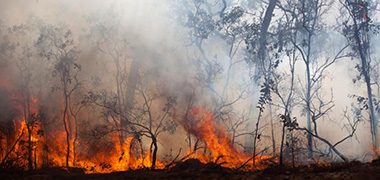
This role has a moderate level of AI exposure. AI can enhance efficiency for some tasks, but this job still relies on human skills and decision-making.
Explore all careersAn Oceanographer studies the ocean's properties and processes, conducting research to advance marine knowledge and promote conservation efforts.
Get qualified to work as an Oceanographer with a course recognised across Australia. Speak to a training provider to learn more.



Browse occupations related to Oceanographer



If you're seeking to establish a career as an Oceanographer in Tasmania, look no further than the array of Oceanographer courses available in this pristine region. Tasmania, with its stunning coastlines and rich marine biodiversity, provides the perfect backdrop for this exciting field of study. The courses offered by various Registered Training Organisations (RTOs) will equip you with the necessary skills and knowledge to excel in marine research, environmental management, and conservation efforts specific to Tasmanian waters.
The journey to becoming an oceanographer can lead you to explore numerous related job roles that highlight the diversity of opportunities within the marine field. For example, you might consider a position as a Conservation Trainee, where you can apply your understanding of marine environments, or perhaps a role as a Marine Biologist, studying ecosystems and wildlife. Other exciting roles include Aquatic Ecologist, Marine Conservationist, and Fisheries Scientist, all of which play critical roles in the sustainable management of marine resources in Tasmania.